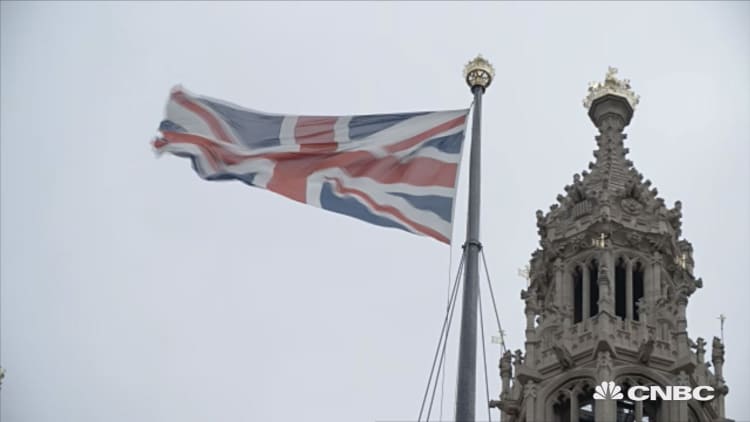
One of the clearest characteristic of the stunning victory for the campaign to take the United Kingdom out of the European Union was how deeply the country was divided on geographical lines.
With strong backing from Wales and much of England for leaving the U.K., but a majority voting for remain in Scotland and Northern Ireland, there are already calls for further referendums that could lead to one of the four parts of the U.K. departing.
Scotland
As expected, Scottish voters were much more in favor of staying in the EU than the broader U.K. population, and backed remain by 62 percent to 38 percent for leave. Less than two years after the last referendum on its membership of the U.K., the Scottish First Minister Nicola Sturgeon has already called for a further vote.
She told reporters: "It s a statement of the the obvious that the option of a second referendum must be on the table and it is on the table."
"The vote here makes clear that the people of Scotland see their future as part of the European Union.
Northern Ireland
This is arguably the part of the U.K. which will be most directly impacted by the U.K. leaving the EU, as it represents the only part of the country which has a physical border with a European Union state, Ireland. EU membership is also enshrined for Northern Ireland as part of the Good Friday Agreement which signaled the end of the Troubles in 1998. Historic tensions have been reignited as a part of the campaign, with many on the unionist side of the community calling to leave as most nationalists came out for remain.
Sinn Fein, the largest party on the nationalist side which wants a united Ireland, has already called for a referendum on continued membership of the U.K. However, the continued majority unionist population would likely vote to stay part of the U.K. in the event of a referendum. Arlene Foster, Northern Ireland's First Minister said Friday there would not be a vote on the border.
Enda Kenny, Ireland's Taoiseach (Prime Minister), said in a statement: "We will approach these issues in the same spirit of partnership that has underpinned the peace process and has transformed relationships on this island since the Good Friday Agreement."
Sinn Fein's chairman, Declan Kearney, said in a statement: "This outcome tonight dramatically changes the political landscape here in the north of Ireland, and we will be intensifying our case for the calling of a border poll."
"The British government as a direct result have forfeited any mandate to represent the interests of people here in the north of Ireland in circumstances where the north is dragged out of Europe as a result of a vote to leave."


